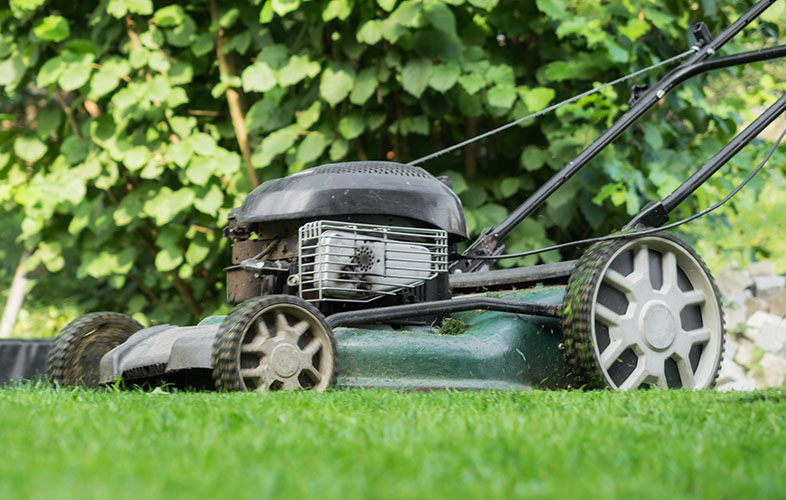Ah, wintertime. If you live in a cooler climate, there’s no cozier season. While snowstorms rage and temperatures dip, there’s nothing quite as relaxing as curling up by the fireplace with a good book and a cup of hot chocolate. But your ice-covered trees outside don’t have that luxury. While many cold-weather trees and shrubs can withstand the cold, the reality is that frost, snow and ice can damage your plants, especially if they’re not equipped for winter conditions. Thankfully, there are things that you can do to help mitigate the damage. Here, we’ll teach you how to protect plants from frost and ice. You’ll also discover some cold-weather tips for caring for your outdoor plants and learn what TruGreen® can do to help keep your trees and shrubs healthy year after year.



 Branch Finder
Branch Finder













Facebook
X
Youtube
Copy Link
Email